Allahu akbar: What is the Takbir?
The Mayor of Venice has said that anyone who shouts it in his city will be gunned down, but the phrase has great significance to many
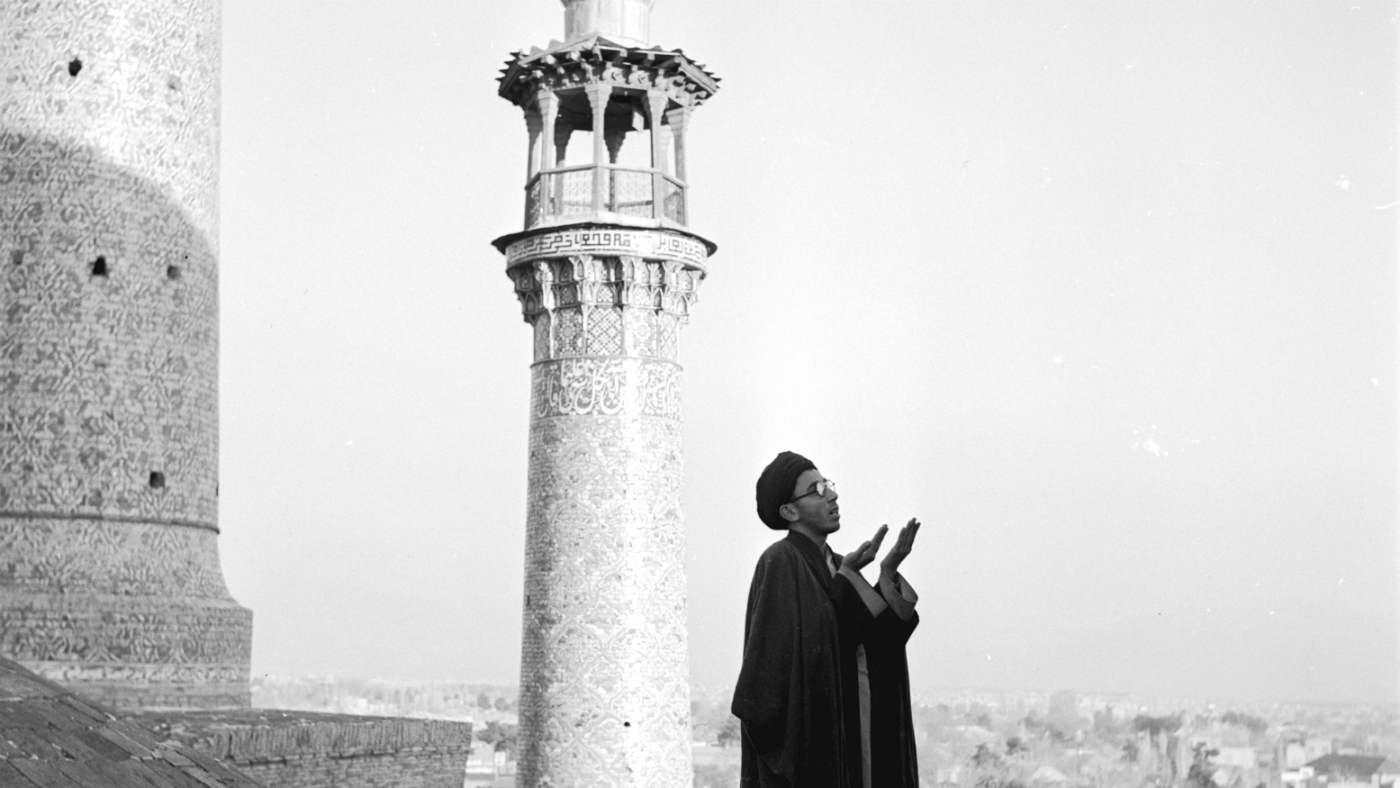
A free daily email with the biggest news stories of the day – and the best features from TheWeek.com
You are now subscribed
Your newsletter sign-up was successful
The Mayor of Venice Luigi Brugnaro has this week claimed that anyone caught shouting the Islamic phrase "Allahu akbar" in St Mark's Square will be shot "within three steps".
Brugnaro is no stranger to controversy, having banned books on homosexuality from Venetian schools, but his latest threat may prove "difficult" to carry out, writes Business Insider, as the phrase is used as part of Muslim prayer up to 20 times a day.
Here's a brief guide to the history of the phrase.
The Week
Escape your echo chamber. Get the facts behind the news, plus analysis from multiple perspectives.

Sign up for The Week's Free Newsletters
From our morning news briefing to a weekly Good News Newsletter, get the best of The Week delivered directly to your inbox.
From our morning news briefing to a weekly Good News Newsletter, get the best of The Week delivered directly to your inbox.
Faith
Allahu akbar translates literally as "God is greatest" or "God is greater", and as is known as the Takbir, playing a pivotal role in much of the Islamic faith.
The phrase serves as a reminder to followers of Islam that "no matter the situation or emotion, God is always greater than any real or imaginary entity", writes the Daily Telegraph.
It is one of the most commonly-used phrases in the Muslim faith, and is said during each stage of that Salat - the obligatory prayers performed five times a day, in which Muslims face the Kaaba in Mecca. Followers must begin prayers by raising their hands to their ears or shoulder and reciting the phrase, writes the BBC.
A free daily email with the biggest news stories of the day – and the best features from TheWeek.com
It is also heard during the adhan (call to prayer), from the minarets of mosques throughout the Muslim world.
Joy
"Muslims can use Allahu akbar to express general approval, or even as an exclamation of surprise," says Slate. "Sometimes crowds will shout the phrase as a form of applause, the way people might yell 'Bravo!' at the end of a performance.
"The takbir often stands in for applause after a Quranic reading, since it would be inappropriate to cheer for someone who has merely recited God's words. But the phrase might just as well be shouted out at a soccer match."
It is also often used outside of the Arabic-speaking community. After 18-year-old Reshma Begum was pulled from the rubble of the Savar garment factor collapse in Bangladesh in 2013, video footage showed numerous locals and fellow workers - whose first language would probably have been Bengali - repeating the Arabic phrase in joy and relief.
However, its usage should not be flippant. "A pious person wouldn't say it in the bathroom, nor would he use it in an impure place like a garbage dump," Slate says. Its use in jokes would also be frowned upon by many.
The text also appears on the national flags of Iraq, Iran and Afghanistan.
Extremism
Due to its historical use as a war cry - and its original reported use by the Prophet Muhammad during the Battle of Badr in the formative years of Islam - it has been adopted by extremists in recent years. Witnesses to numerous terrorist attacks around the world have recalled hearing perpetrators shouting the phrase before committing atrocities.
The Daily Express says the holy phrase originally became associated with modern Islamic extremism after the 9/11 attacks, when "a document found in the luggage of one of the hijackers said: 'Shout Allahu akbar because this strikes fear in the hearts of the non-believers'".
Since then, the Telegraph writes, hundreds of witnesses claim to have heard the phrase shouted during the 2013 murder of Lee Rigby, the 2015 Paris attacks and the London Bridge attack in June.
Extremists on suicide missions have adopted the phrase "because they believe they are committing a righteous act", says Slate, and that "it's good form to die with praise for Allah on your lips".
But the LA Times says using the Takbir in this circumstance is robbing ordinary Muslims of an innocent phrase. "When terrorists use this 'Allahu akbar,' they are hijacking this term, they’re hijacking religion, hijacking God," one Muslim told the paper. "One phrase itself doesn't explain the whole heart of Islam. Islam does not tell people to go and kill," another adds.
-
 El Paso airspace closure tied to FAA-Pentagon standoff
El Paso airspace closure tied to FAA-Pentagon standoffSpeed Read The closure in the Texas border city stemmed from disagreements between the Federal Aviation Administration and Pentagon officials over drone-related tests
-
 Political cartoons for February 12
Political cartoons for February 12Cartoons Thursday's political cartoons include a Pam Bondi performance, Ghislaine Maxwell on tour, and ICE detention facilities
-
 Arcadia: Tom Stoppard’s ‘masterpiece’ makes a ‘triumphant’ return
Arcadia: Tom Stoppard’s ‘masterpiece’ makes a ‘triumphant’ returnThe Week Recommends Carrie Cracknell’s revival at the Old Vic ‘grips like a thriller’
-
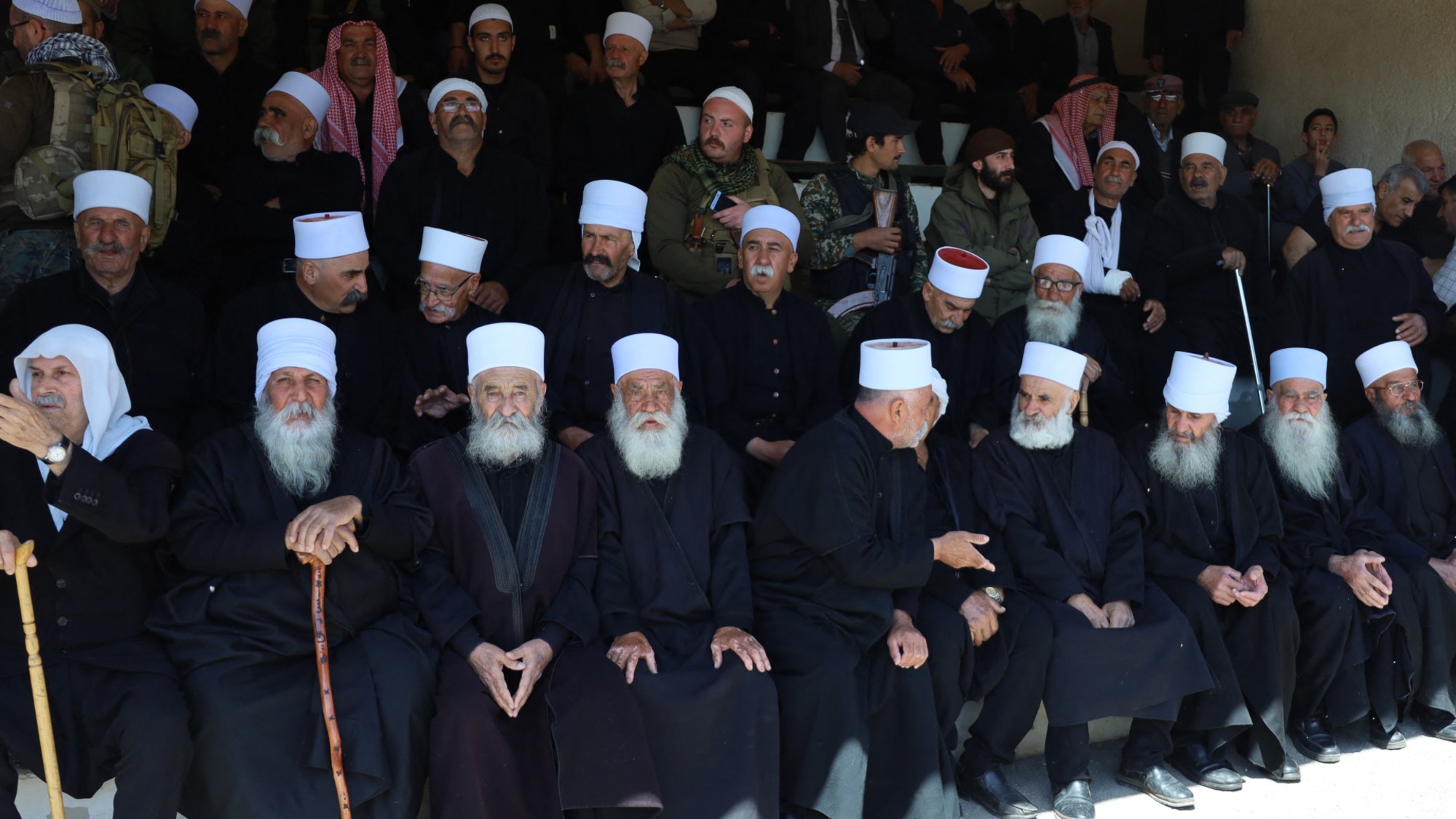 Syria's Druze sect: caught in the middle of Israeli tensions
Syria's Druze sect: caught in the middle of Israeli tensionsThe Explainer Israel has used attacks on religious minority by forces loyal to Syria's new government to justify strikes across the border
-
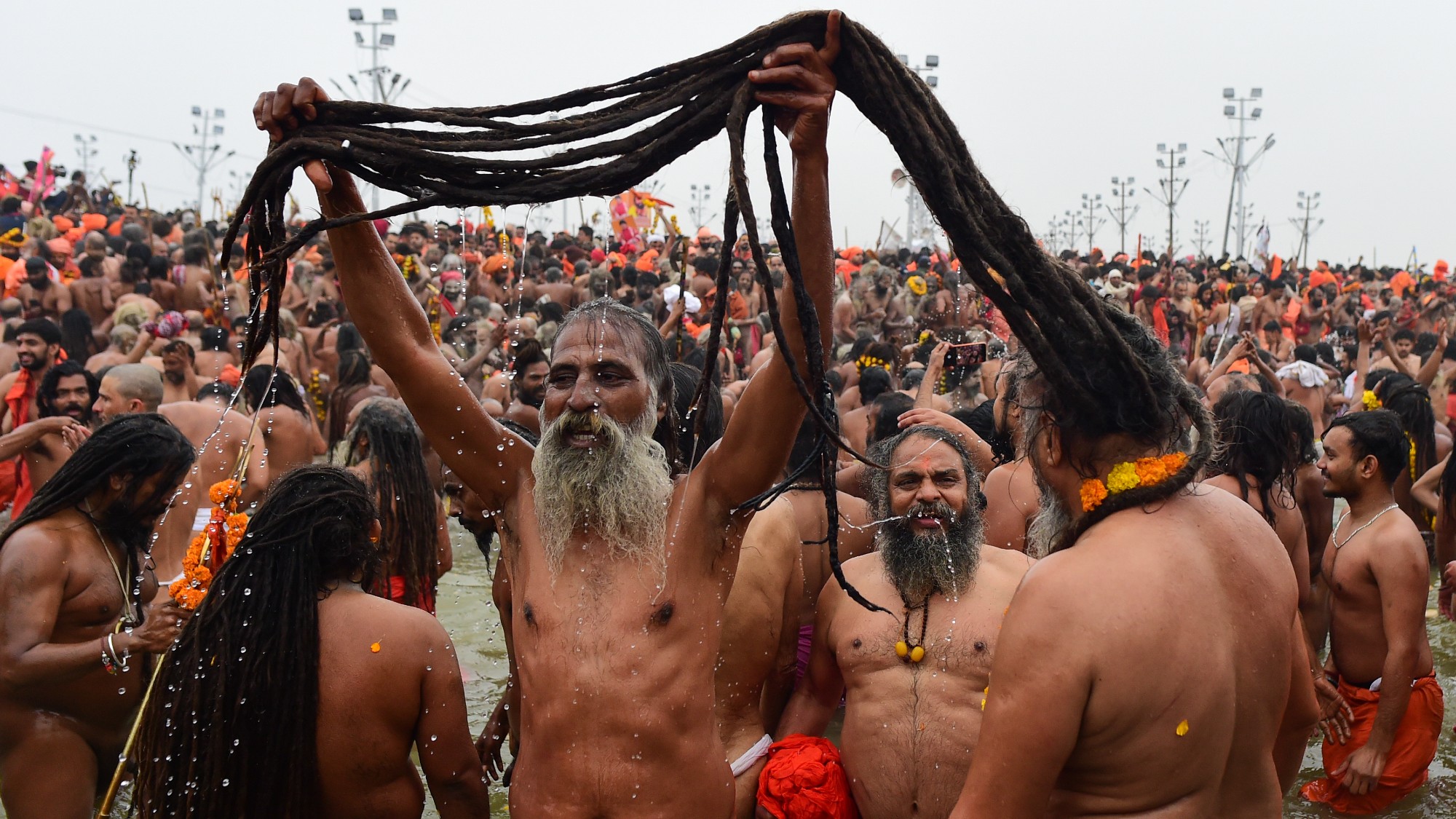 Maha Kumbh Mela: world's largest religious festival gets under way in India
Maha Kumbh Mela: world's largest religious festival gets under way in IndiaIn The Spotlight Politics of Hindu nationalism has cast a shadow over event touted as biggest ever gathering of humanity
-
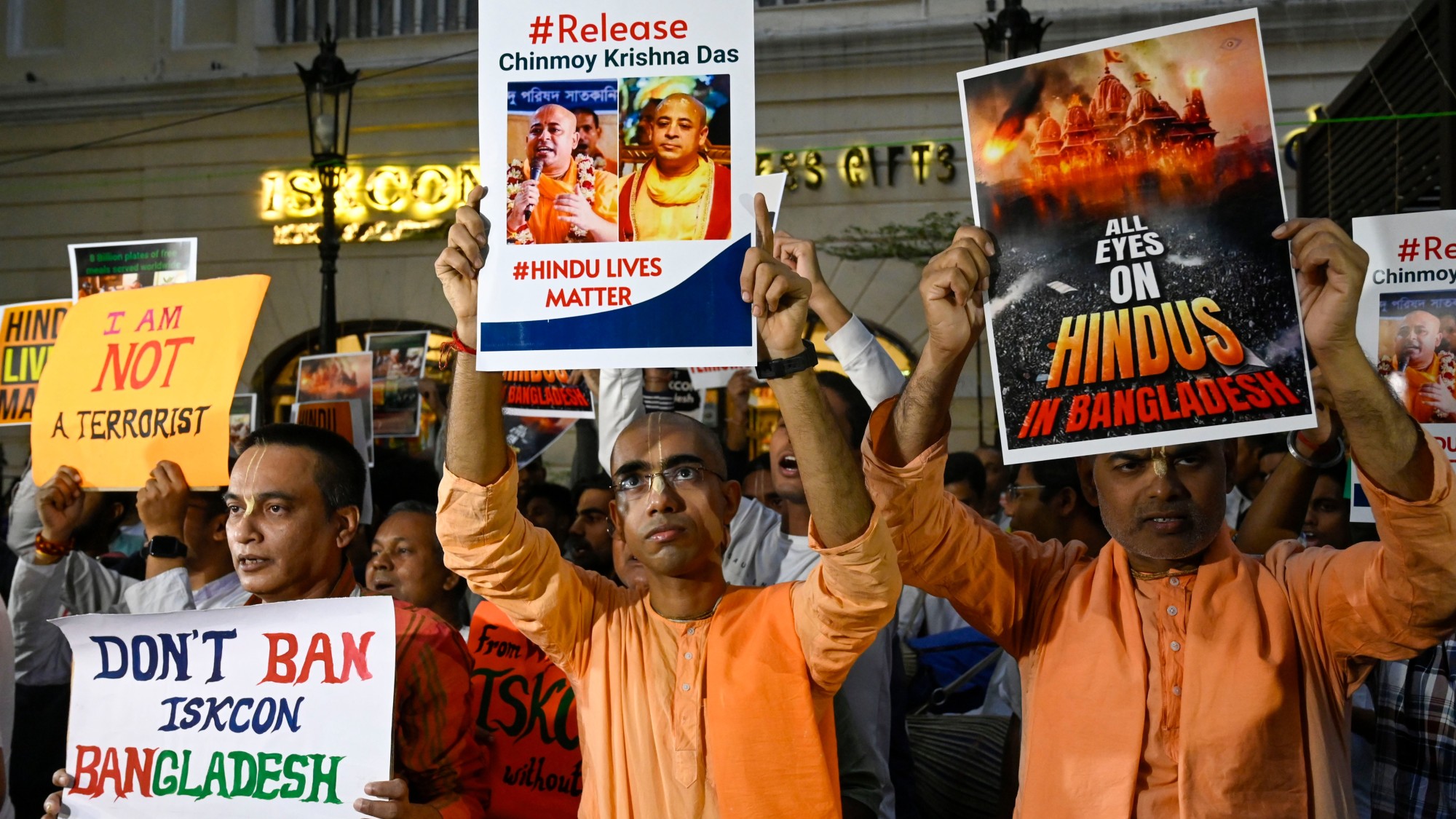 Why India is concerned at Bangladesh's 'Hinduphobia'
Why India is concerned at Bangladesh's 'Hinduphobia'The Explainer Arrest of monk Chinmoy Krishna Das stokes safety concerns for Hindu minority in Bangladesh
-
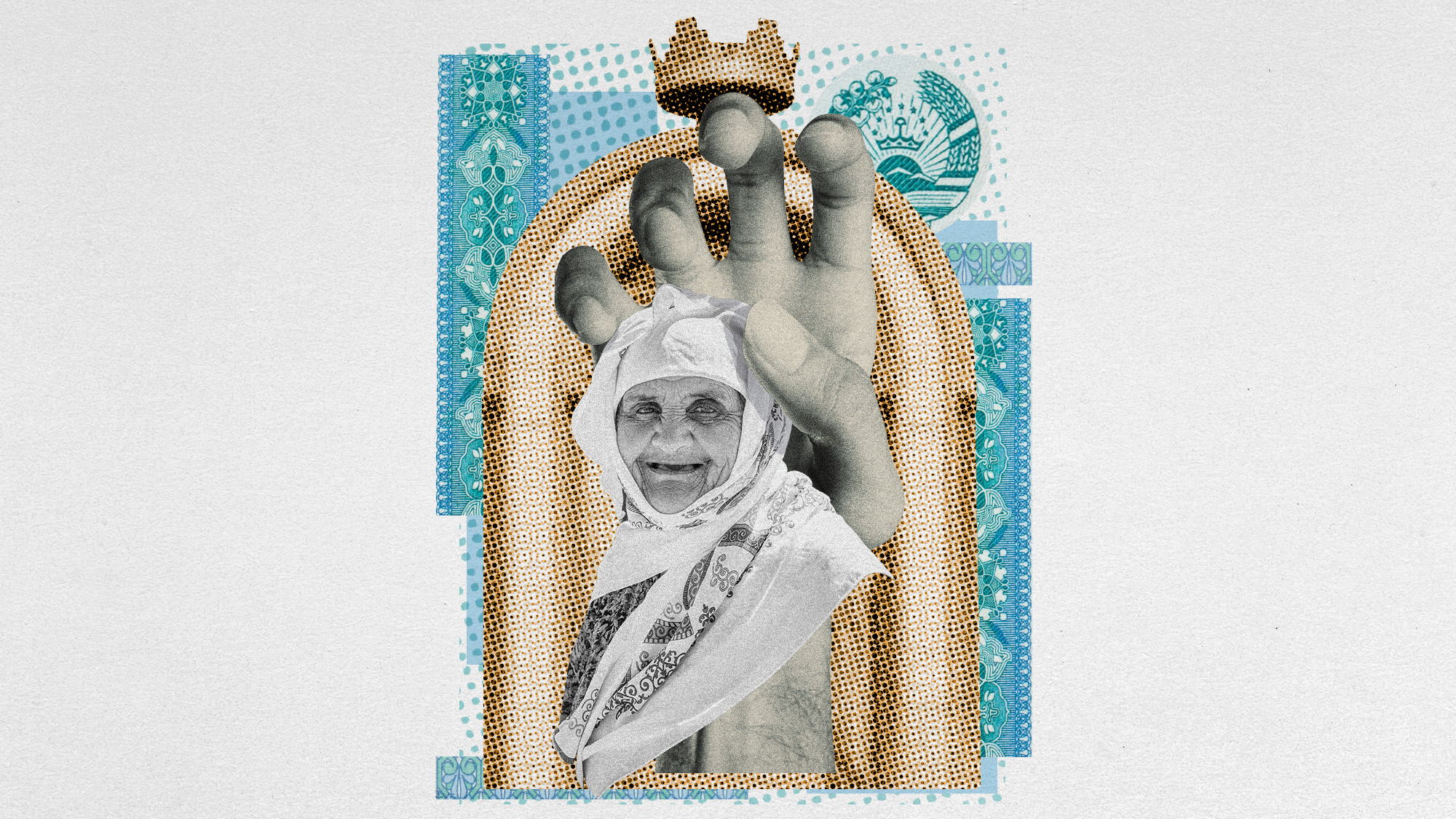 The 95% Muslim country that has banned the hijab
The 95% Muslim country that has banned the hijabUnder The Radar Outlawing the headscarf is the latest chapter in Tajikistan's clampdown on Islamic culture
-
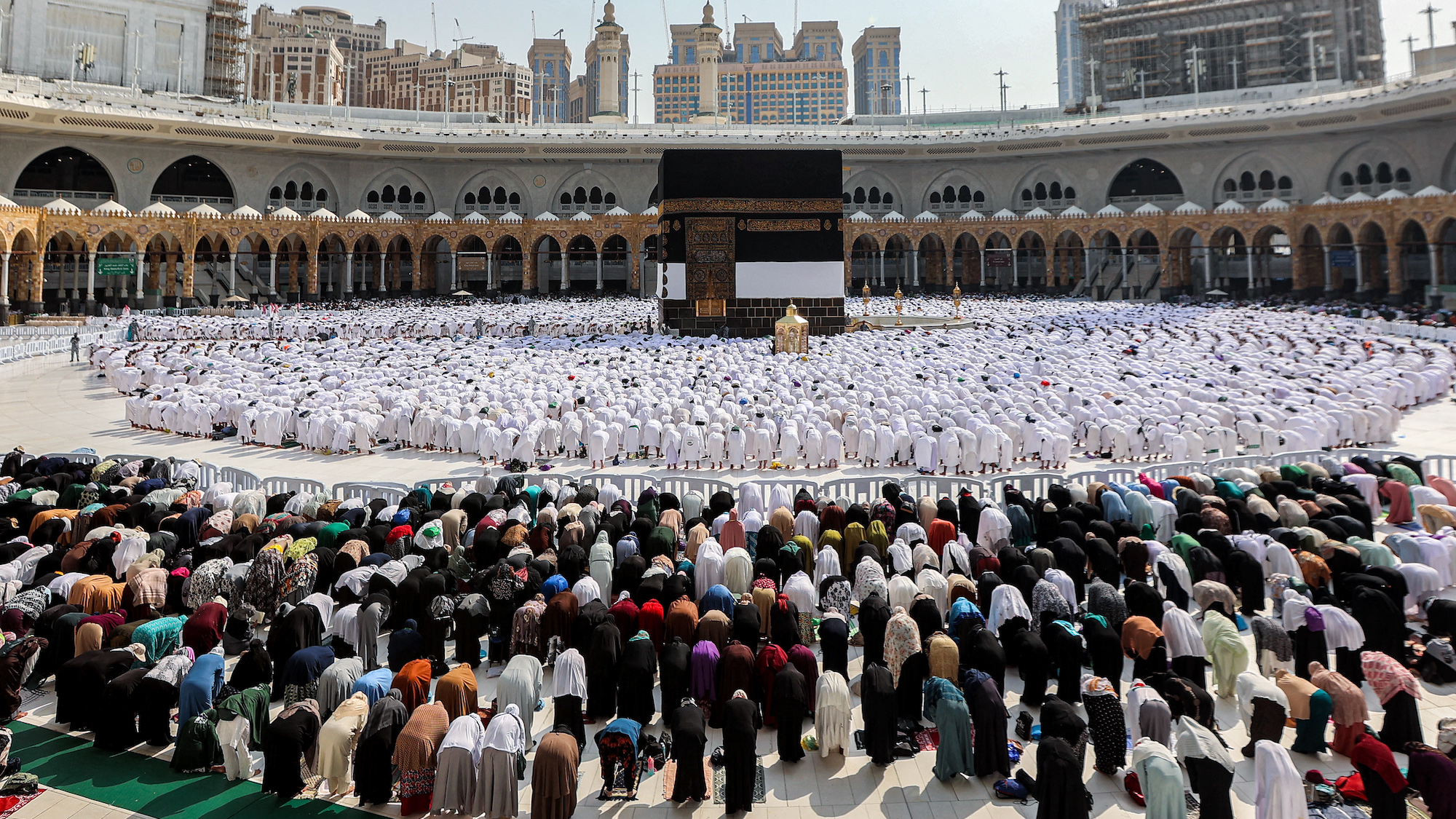 The unauthorised pilgrims sneaking into Mecca
The unauthorised pilgrims sneaking into MeccaIn the Spotlight Saudi authorities are warning of heavy fines for those caught travelling to the holy city this month without a permit
-
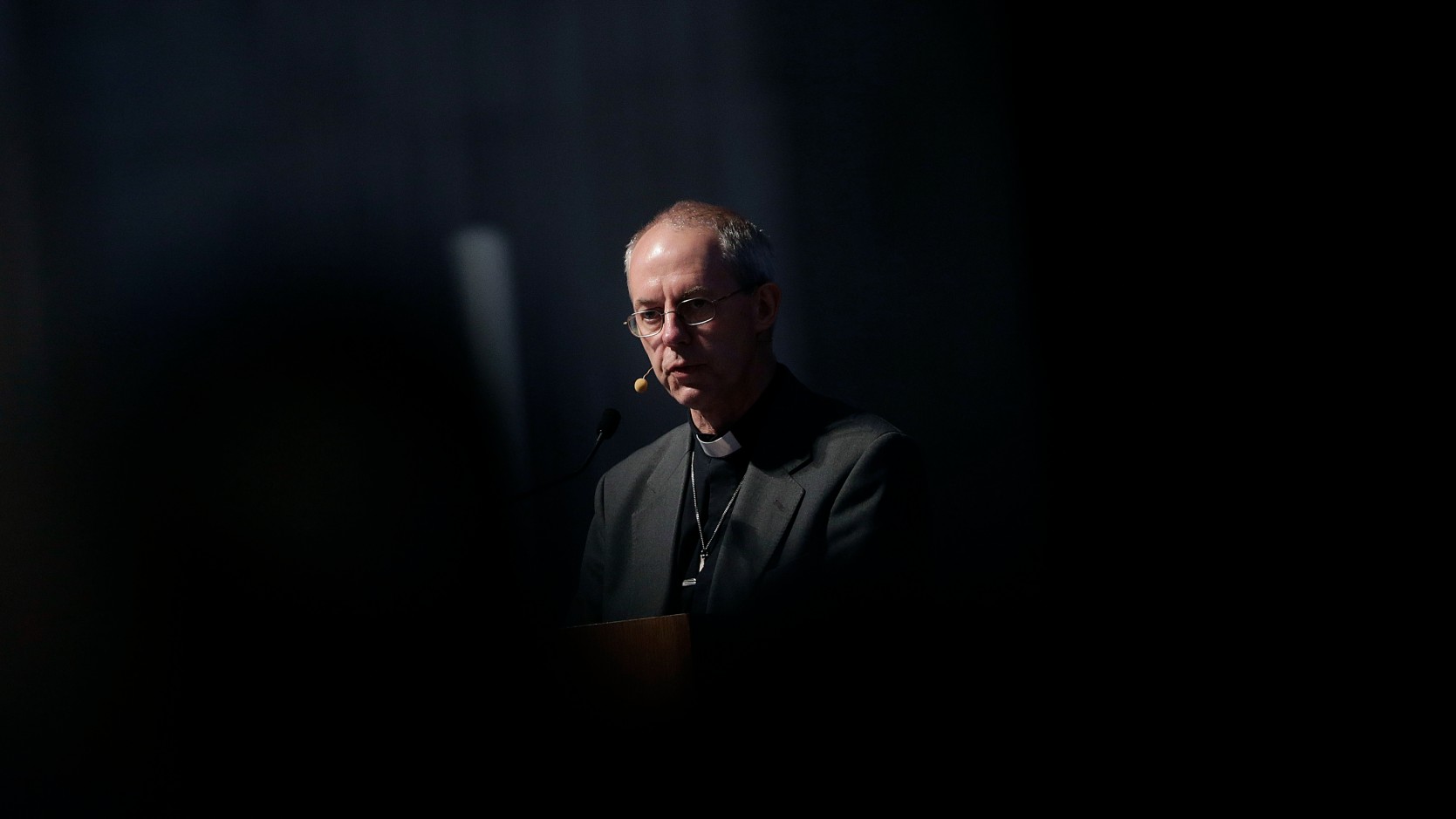 What does the rise in non-Christians mean for the Church of England?
What does the rise in non-Christians mean for the Church of England?Today's Big Question Latest census reveals England and Wales now minority Christian countries for first time
-
 Sexual abuse and ‘cruel indifference’: the disgrace of the French Catholic Church
Sexual abuse and ‘cruel indifference’: the disgrace of the French Catholic ChurchSpeed Read Landmark report estimates around 330,000 children were abused by clergymen and officials between 1950 and 2020
-
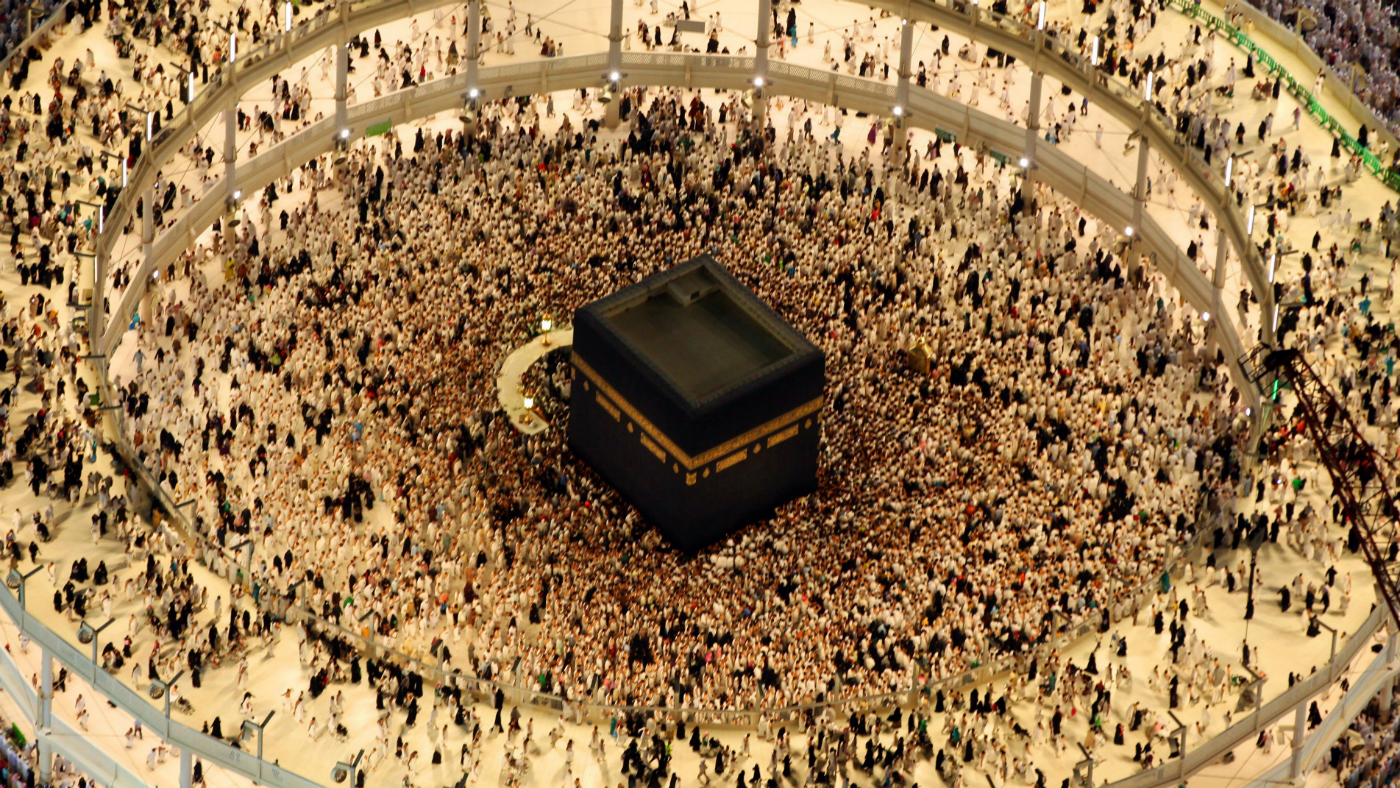 52 ideas that changed the world - 51. Islam
52 ideas that changed the world - 51. IslamIn Depth Followers of the religion make up a quarter of the global population